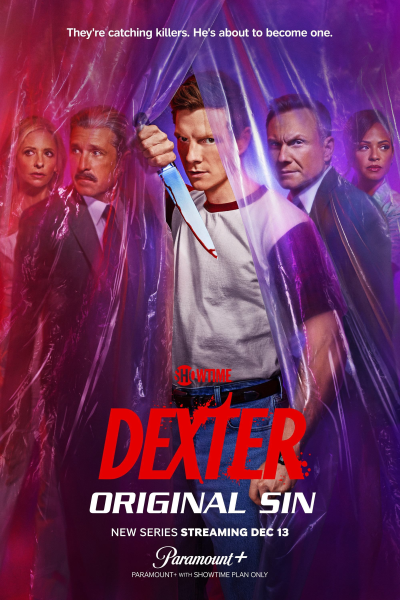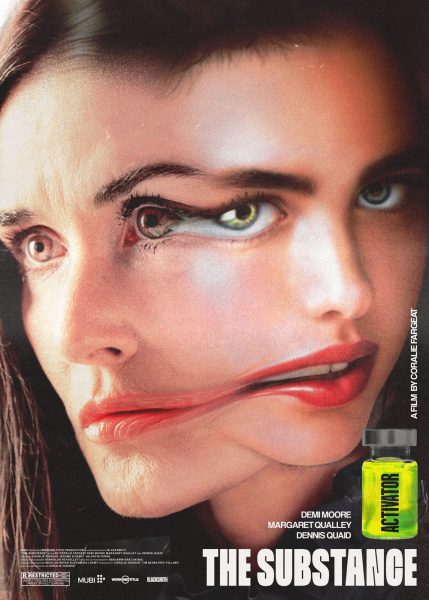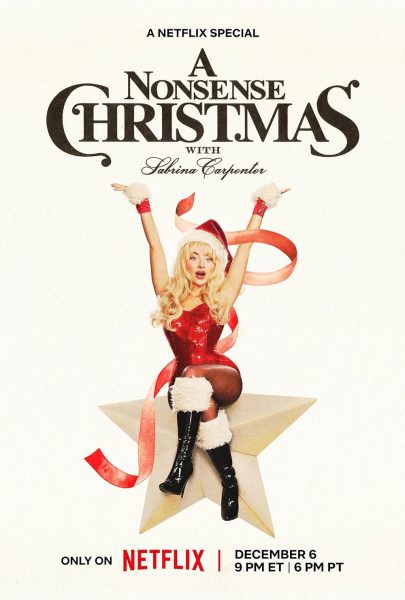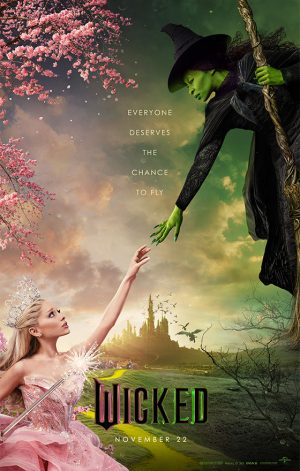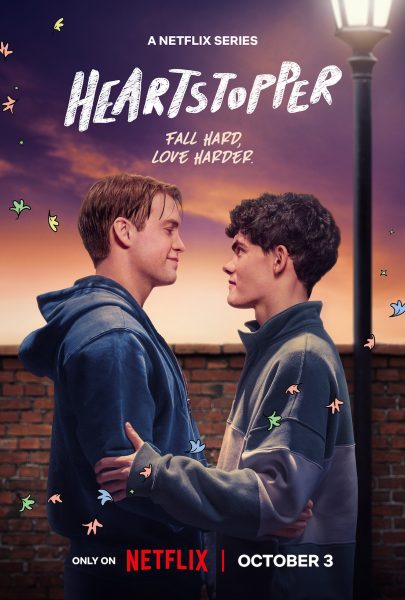‘The Many Saints of Newark’: Disappointing and Mediocre.
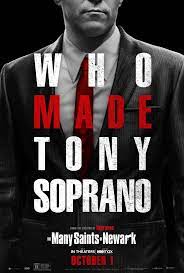
IMDB
The virtue and vice of “The Many Saints of Newark” is that it can’t be discussed without prior knowledge of “The Sopranos.” The show, whose six seasons aired from 1999 to 2007, follows the life of Tony Soprano, a second generation mafioso who suffers from panic attacks. The film, however, follows his “Uncle” Dickie Moltisanti in the late 60s during the height of the Mafia.
Beginning during the infamous 1967 “Long, Hot Summer,” Dickie welcomes home his father and his father’s Italian bride-to-be Giuseppina. Later, we are introduced to Harold, a Black man working under Dickie, who runs the numbers racket (an illegal lottery operated by organized crime) in the still functionally segregated Newark.
Due to a racially motivated police beating of a Black cab driver, the city erupts in rioting. During one of the several days of turmoil, Dickie’s father throws Giuseppina down a flight of stairs in a fit of anger. For this, Dickie murders his father and begins an affair with Giuseppina.
Once the rioting ends, Harold flees the city on a murder warrant, but returns to run the numbers racket himself — a move that begins a gang war. While the race relations of the 60s are briefly touched on in the riots and relationship between Harold and Dickie, its plot is left disappointingly undeveloped.
After 1967, Johnny “Johnny Boy” Soprano, Tony’s father, is arrested and sent to prison for two years. During this time Dickie becomes a sort of surrogate father to the pre-teen with it being remarked several times that “he (Tony) looks up to him.”
The relationship between the two is one of the better parts of the film. Their scenes together punctuate where Tony’s guilt in “The Sopranos” comes from. Dickie’s confusion and rationalization toward his evil deeds mimics Tony’s.
After the murder of his father and looking to “earn his merit badges,” or do good deeds, Dickie visits his uncle in prison. This relationship is fascinating because Ray Liotta plays both Dickie’s father and uncle. However, the two characters are in no way alike. The uncle is thoughtful and contemplative while the father is brutish and slimy.
The movie skips forward to Johnny Boy’s welcome home from prison. Tony is now a gangly teenager. Noticing that the previously Italian block is being moved into by African Americans, Johnny Boy moves the family to suburbs.
At Tony’s new suburban school, he is suspended for buying math test scores, prompting the school guidance counselor to meet with him. This meeting is a wonderful parallel to the eventual therapy which Tony will receive. His mother, of course, is the main topic of conversation.
In a conversation later it is revealed that his mother has been prescribed, but refuses to take, antidepressants. Tony pleads with Dickie to convince his mother to take them, but, deflecting, Dickie offers him a beautiful new pair of stolen speakers.
Concurrently, Dickie is having trouble with Giuseppina who, feeling lonely, cheats on him with Harold. When she confesses, Dickie drowns her in the ocean.
In the end, Dickie, on the advice of his incarcerated uncle, backs away from Tony’s life. It is clear that he desperately wants Tony not to be corrupted, but like the Devil, he can’t control his influence. Resolving to set Tony on the right path, Dickie plans a heart to heart with his nephew. However, the night before the meeting Dickie is murdered, ultimately pushing Tony toward the life of crime that “The Sopranos” depicts.
Overall, it was enjoyable. However, even as someone who has watched the Sopranos twice, it was at times hard to follow. I can’t imagine how anyone who isn’t familiar with the show could jump into the movie feet first.
The second act and especially the scenes between Tony and his mother are excellent. She steals the show every time she appears on screen.
At times the writing feels as if it is attempting, at the fastest possible speed, to get from Point A to Point B, something unexpected from the prequel of one of the most layered and complex dramatic TV shows ever made. This confused me the most. Every idea at work in the writing is fantastically interesting — Dickie as Oedipus, Livia as well, Livia and Uncle Junior’s role in Dickie’s death — all serve as both fantastic setups to the Sopranos and wonderful stories within themselves.
The problem is that this movie should not be a movie, it should be a TV show. The stupendously fast progression of the plot seems almost out of necessity — the work of an artist trying to turn six hours into two. Particularly disappointing is the drop of the plotline involving Harold. The war he starts never finishes. He moves into the middle class white neighborhood, yes. But one of the last images you see of him is as he runs away from a fight. It seems, particularly in this case, that there are missing or cut scenes. In the blink of an eye, Tony too goes from love to hate with his uncle, from denouncing the mob to joining it, all in three scenes.
I just wish there was more. Compared to the excellence of “The Sopranos,” the film is just average. And while average and enjoyable have their place in media, it was not what I expected. Therefore, I suppose, it was disappointing. Not a bad film by any means, and at many times an enjoyable one. But, a film full of wasted potential and the promise of better things.
Your donations directly fund the Lane Tech student journalism program—covering essential costs like website hosting and technology not supported by our school or district. Your generosity empowers our student reporters to investigate, write, and publish impactful stories that matter to our school community.
This website is more than a publishing platform—it's an archive, a research tool, and a source of truth. Every dollar helps us preserve and grow this resource so future students can learn from and build on the work being done today.
Thank you for supporting the next generation of journalists at Lane Tech College Prep!

Theo is a senior in his second year at The Champion. A part of the Omega program, Theo is passionate about reading, writing and history. In his free time,...

